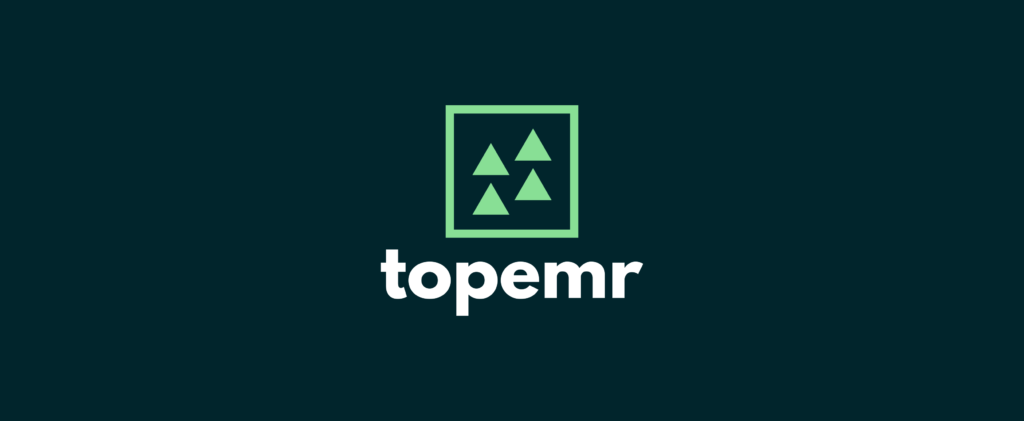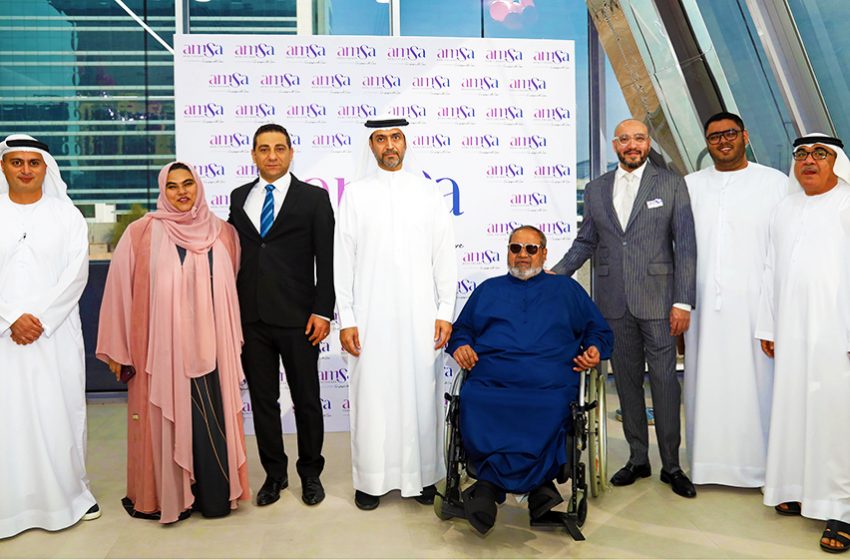Introduction: Compliance Pressure in Dubai’s Dialysis Landscape
Dubai has positioned itself as a regional healthcare hub, with dialysis services falling under particularly tight scrutiny. Between Dubai Health Authority (DHA) mandates, Ministry of Health (MOH) inspections, and international accreditation standards, dialysis clinics cannot afford even small compliance gaps.
Yet, many clinics still run on paper-based workflows, fragmented IT systems, and manual record-keeping. The result: missing consent forms, audit exposure, staff burnout, and patient dissatisfaction.
The solution is not more manpower—it’s digitization designed specifically for dialysis operations. And nowhere is this clearer than in the shift toward digital consent workflows combined with system-wide operational discipline.
This article draws on sector insights from TopEMR.ae and the LinkedIn article above to show how Dubai clinics can protect compliance, streamline care, and scale without chaos.
The Hidden Risks of Paper and Patchwork Systems
While Dubai clinics embrace advanced dialysis equipment, many still lag on the administrative backbone of care: record-keeping, compliance, and workflow standardization.
Paper-based workflows create risks at multiple levels:
- Lost consent forms → Audit failure in seconds
- Illegible handwriting → Misinterpretation of clinical instructions
- Manual filing → Time wasted during inspections
- No version control → Outdated forms circulating after policy changes
Industry surveys highlight that 63% of providers cite gaps in consent management as a top compliance risk. In a Dubai MOH inspection, even one missing form can jeopardize licensure.
Similarly, fragmented scheduling, billing, and inventory systems create data silos. For multi-unit operators, this becomes unsustainable—double entries, mismatched records, and inconsistent protocols multiply the risk.
Why Digital Consent Is a Compliance Game-Changer
Digital consent workflows replace paper entirely, embedding audit-proof, patient-friendly authorization into every dialysis cycle.
Core features include:
- Legally binding eSignatures → Capturing time, IP, device ID for authenticity.
- Immutable audit-ready storage → Once signed, forms cannot be tampered with.
- Central version control → New forms push to every unit instantly.
- Patient convenience → Pre-filled consents via SMS or email, signed before arrival.
- Role-based access → Only authorized staff can view/edit forms, with full audit trails.
In Dubai, where regulators demand traceable, immutable records, this shift transforms compliance from a last-minute scramble to a daily standard.
Clinicea: Embedding Compliance Into Daily Workflows
General EMRs struggle in dialysis because they aren’t built for its session-based, consumable-heavy, compliance-driven operations. Clinicea addresses this gap by integrating digital consent workflows directly into dialysis-specific EMRs.
What this looks like in practice:
- Session-linked consents → Patients eSign before each dialysis session, on a clinic tablet or their own phone.
- Auto-archiving → Every signed consent is stamped, stored, and linked to the patient’s record permanently.
- Central updates → When DHA or MOH policies change, administrators can update once—applied instantly across all units.
- Zero paperwork → Staff no longer file, chase, or retrieve forms. Everything is digital, searchable, and audit-ready.
Clinics report:
- Zero missing consents during surprise audits
- 100% compliance scores across units
- Shorter patient wait times thanks to pre-signed forms
- Lower admin load → freeing staff for patient care
Beyond Consent: Scaling Compliance Across Operations
Digital consent is one piece of the puzzle. To stay competitive in Dubai, dialysis operators must tackle the six hidden barriers to scaling, as highlighted by TopEMR.ae insights:
- Fragmented Workflows → Clinicea unifies scheduling, EMR, billing, and inventory into a single platform, eliminating silos.
- Protocol Drift → Standardized digital flowsheets keep every nurse, every shift aligned.
- Scheduling Bottlenecks → Machine-linked smart scheduling fills chairs efficiently, reducing idle time.
- Inventory Chaos → Barcoded, batch-tracked consumables auto-deduct at chairside, flagged for expiry, transferable across units.
- Billing Errors → Automated capture of codes (ICD, HCPCS, RxNorm) prevents revenue leakage.
- No Central Analytics → Real-time dashboards give operators visibility into chair utilization, no-show rates, AR aging, and compliance metrics.
Together, these systems ensure Dubai clinics don’t just survive audits—they thrive operationally.
Case in Point: Smart Scheduling and Consent in Tandem
One Dubai-based clinic using Clinicea combined smart scheduling with digital consent and saw dramatic gains:
- 32% increase in chair utilization within 30 days
- 25% fewer no-shows thanks to automated SMS consent reminders
- 20% faster patient onboarding as forms were pre-signed
- Zero compliance flags in their next MOH inspection
This illustrates the synergy: operational efficiency + compliance discipline = scalable growth.
Scaling Multi-Unit Clinics in Dubai: The Governance Advantage
Dubai is seeing rapid growth in multi-unit dialysis networks, but scaling brings unique compliance challenges:
- Every new unit multiplies consent forms, protocols, and inventory needs.
- Any inconsistency can expose the entire network during audits.
- Leadership often lacks visibility across locations.
Clinicea solves this by offering a chain dashboard:
- Centralized consent and protocol management
- Real-time compliance monitoring per unit
- Unified financial, clinical, and inventory reporting
- One-click exports for DHA/MOH inspections
This allows leadership teams to scale responsibly—adding units without adding chaos.
Why This Matters for Dubai’s Healthcare Vision
Dubai’s healthcare strategy 2030 emphasizes digital-first operations, patient safety, and international accreditation. Dialysis clinics that cling to paper systems will increasingly fall behind.
Clinicea aligns perfectly with this vision:
- Digital-first compliance → Satisfies regulators, insurers, and auditors.
- Scalable infrastructure → Enables private operators to expand without fragmentation.
- Improved patient experience → Reduces wait times, errors, and frustrations.
In short, digitization isn’t optional—it’s the new baseline.
Conclusion: Building Audit-Proof, Patient-Centric Dialysis in Dubai
Dubai’s dialysis clinics face some of the strictest compliance requirements in the region. For operators, the choice is clear:
- Paper-based workflows → Lost forms, compliance risk, admin overload.
- Digital consent + unified dialysis EMR → Audit-proof operations, happier staff, and smoother scaling.
Clinicea demonstrates that compliance and efficiency don’t have to compete. By embedding digital consent, smart scheduling, inventory control, and audit dashboards into everyday workflows, Dubai dialysis clinics can protect compliance, boost utilization, and expand confidently.
The future of dialysis in Dubai will belong to those who digitize compliance today.
Ensuring audit-proof operations in Dubai’s dialysis clinics requires both Clinicea EMR for disciplined workflows and NABIDH Connected compliance to meet regulatory expectations while preserving care quality.
Attached LinkedIn Article:
How Digital Consent Workflows Help Dialysis Clinics Stay 100% Compliant – https://lnkd.in/gKAiB3uH


Leave a Reply